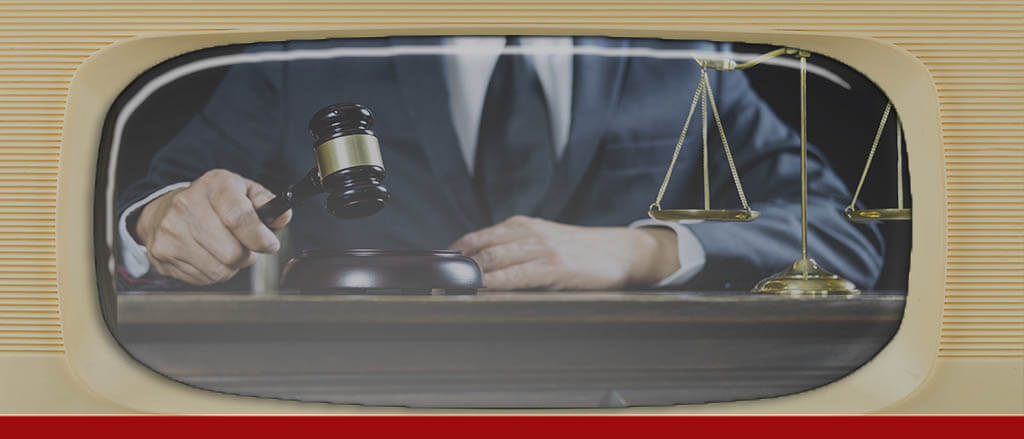Law and Drama: Television’s Portrayal of Attorneys and the Reality Behind the Gavel
Television has long been a medium where complex stories unfold, characters evolve, and societal issues are explored. Among the most enduring and popular genres on television are legal dramas. From the intense courtroom battles of “Perry Mason” to the fast-paced environment of “The Good Wife,” viewers have been consistently captivated. But why? And how do these portrayals match up to the real-life world of law?
Iconic Lawyers on the Small Screen
The realm of TV has introduced viewers to many memorable legal characters. Lawyers such as Ally McBeal, Denny Crane, and Saul Goodman have become cultural icons, each representing different facets of the legal world. Some characters, like Perry Mason, are known for their unwavering commitment to justice. Others, like Saul Goodman from “Breaking Bad” and its spin-off “Better Call Saul,” showcase the more morally ambiguous side of law.
Legal Dramas vs. Reality
While these shows often get certain elements of the legal process right, there are also many inaccuracies and exaggerations. Here are a few common discrepancies:
- Speed of the legal process: In TV shows, cases often go from crime to courtroom in a matter of days. In reality, legal proceedings can stretch on for months or even years.
- Dramatic courtroom revelations: While unexpected twists make for great television, most of the work in real-world cases is done outside the courtroom through research, interviews, and negotiations.
- Character depth: Real lawyers don’t usually have personal relationships or dramatic interactions with every client or opposing counsel, as often depicted in shows.
Why the Enduring Fascination?
Legal dramas tap into several aspects of the human experience:
- Moral dilemmas: They present complex situations where right and wrong aren’t always clear, inviting viewers to question and examine their own moral compasses.
- Justice and resolution: There’s a satisfaction in seeing justice served and conflicts resolved, even if it’s fictional.
- Character-driven stories: These shows often delve deep into the lives, struggles, and triumphs of their characters, making viewers emotionally invested in their journeys.
The Impact of TV on Real-World Perceptions
The popularity of legal dramas can shape public perception of the legal profession. Many might expect real-world courtrooms to be as dramatic and glamorous as seen on TV. This can lead to misunderstandings about the actual workings of the justice system and the roles of legal professionals.
Conclusion: The Blend of Fiction and Reality
Legal dramas, while not always accurate, serve a valuable purpose in entertainment. They introduce audiences to the nuances of the justice system, stimulate debates on ethical issues, and offer a lens into the multifaceted nature of law. For aspiring lawyers, these shows can be both an inspiration and a reminder that the actual practice of law requires grit, diligence, and a dedication to truth beyond the scripted drama.

